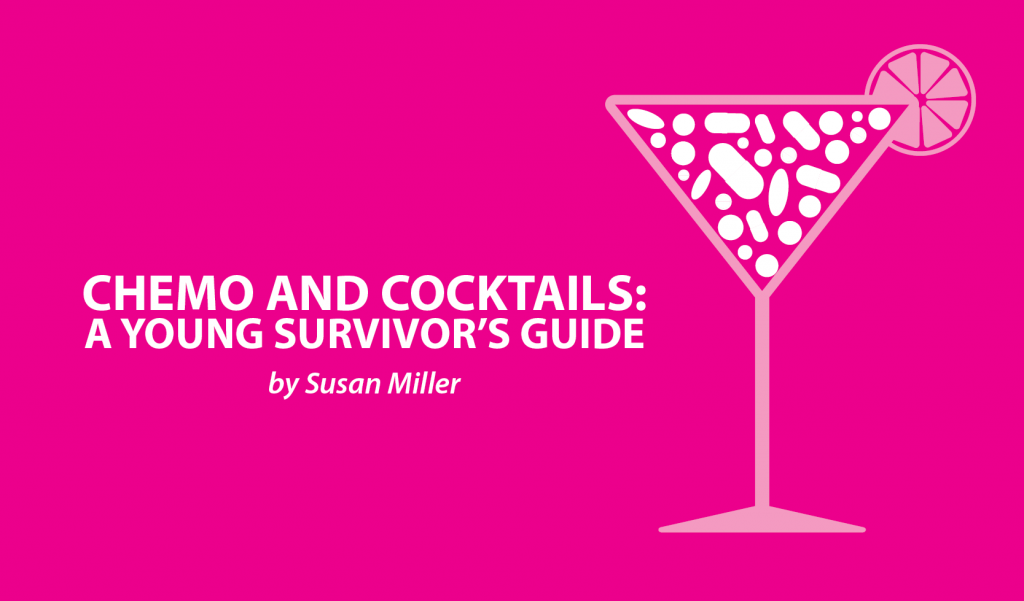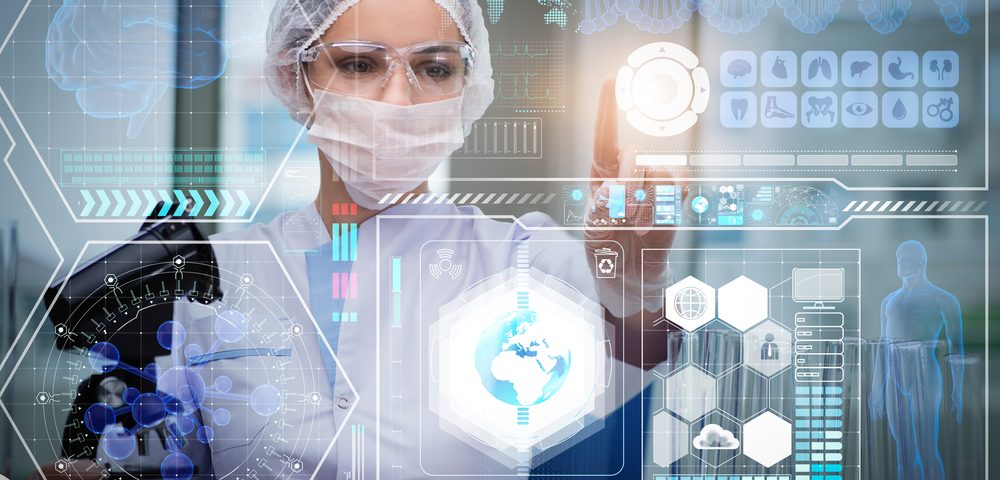
I dream of a future when we can take a pill and our cancer will be gone forever. I dream of a world that doesn’t have disease, and if we’re feeling sick, we can just “reboot” our bodies like a laptop. And when we need a new organ, we can teleport over to the hospital, where a cyborg doctor zaps us with a space zapper thing to replace our old, pickled liver with a fresh one that was grown using our own stem cells. Who’s coming with me?
Right now, we’re at the dawn of a paradigm shift where artificial intelligence and technology govern a future that we can’t even fathom. The distant reality of what’s in store for our world may actually look a lot like “The Jetsons,” with flying cars and robots (minus the racism, sexism, and kitschy futurism). But the Jetsons can’t even comprehend some of these absurd advances in science. Like, a cancer vaccine. The technology is close; Gardasil and Cervarix are HPV vaccinations that prevent certain gynecological cancers already. Or what if a bra could monitor our breasts for early signs of cancer? Well shut the front door, because the technology already exists! Medical and scientific research is on the brink of discovering remarkable tools, so get excited.
The World Health Organization predicts new cancer cases will rise 70% in the next two decades. It’s a terrifying number, and also one of the reasons money is pouring into startup companies focused on developing oncology technologies and advanced cognizant search algorithms.
Artificial intelligence, or AI, is the future of diagnosing and possibly curing cancer. The development of safe AI has given us a more powerful, efficient brain that can search thousands of sets of data using context and reasoning. I can barely walk and talk at the same time, but Watson – IBM’s “Jeopardy”-winning supercomputer — can read through the equivalent of 1 million books in 1 second to generate a personalized, evidence-based treatment plan for my specific cancer. Watson can find new treatments and clinical trials that your oncologist may not be aware of yet. And it’s available to you now, your physician can request a report through Quest Diagnostics.
The applications for AI are endless. CureMetrix is a startup company using algorithms for image analysis to detect anomalies in mammograms and X-rays that have been missed by the human eye. While these technologies can’t and won’t replace a doctor’s human instincts, they do increase patient care and prognosis.
In the future, maybe we’ll just rewrite our DNA? CRISPR-Cas9 is a controversial technology that allows scientists to do just that: edit DNA in a gene sequence by using two key molecules to cut into specific parts of the genome to forcefully mutate it. Theoretically, this could be used to reprogram cancer cells, although we still don’t understand why cells turn cancerous. That’s where Microsoft’s big brain is coming to the rescue: The company has announced a plan to “solve” cancer by identifying exactly why cells become cancer. If we can understand how a cancer cell mutates, we can probably fix it.
This all sounds wonderful, but AI and genetically modified cells are how the zombie robot apocalypse starts, right? According to Hollywood, yes. The same Hollywood that also made five “Sharknado” movies about tornadoes with sharks in them, and like, 38 movies about sparkling vampires. It’s possible that this technology could be used to create terminator robots, but many smart, rich people – like Elon Musk – are not going to let that happen.
In our lifetime, we may not have flying cars, or the ability to transfer our conscience into a robotic chihuahua, but we will find a better solution for cancer. Chemotherapy and radiation will become antiquated treatments. I doubt humankind will achieve immortality anytime soon, but at least there will be a lot less suffering and disease. So, thank you to the scientists, doctors, and smart people for your amazing work. 2017 is a strange time, but I am optimistic about the future. Also, I’d like to thank them ahead of time for my freshly grown liver, because this bottle of rosé isn’t going to drink itself tonight.
***
Note: Breast Cancer News is strictly a news and information website about the disease. It does not provide medical advice, diagnosis, or treatment. This content is not intended to be a substitute for professional medical advice, diagnosis, or treatment. Always seek the advice of your physician or other qualified health provider with any questions you may have regarding a medical condition. Never disregard professional medical advice or delay in seeking it because of something you have read on this website. The opinions expressed in this column are not those of Breast Cancer News, or its parent company, BioNews Services, and are intended to spark discussion about issues pertaining to breast cancer.

